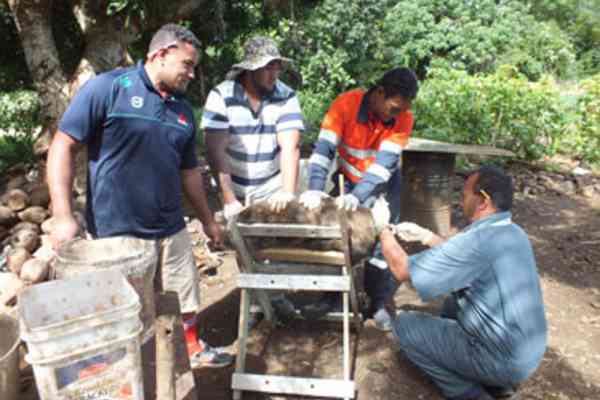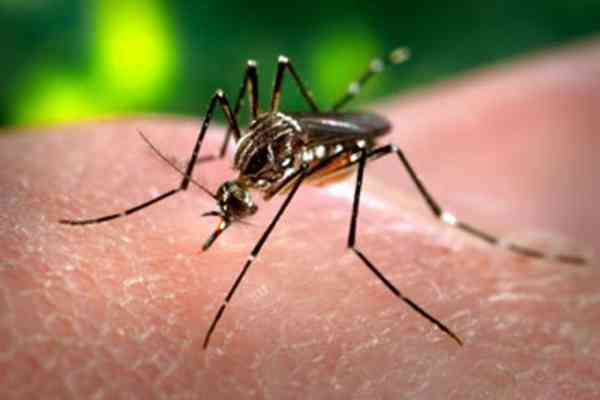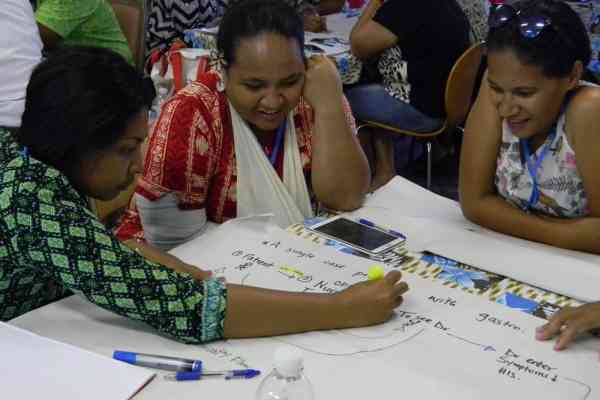Over the past 2 months, Clinitek urine chemistry analyser equipment has been distributed to Cook Islands, Fiji and Nauru, enhancing the countries microbiology diagnostic capacity.
Microbiology is the study of all living organisms that are too small to be visible with the naked eye. The new equipment distributed by the Pacific Community (SPC) will help detect renal disorders, assisting laboratory scientists in the proper detection of micro-organism causing urinary tract infections (UTIs).
This has been made possible through financial support from the Agence Française de Développement (AFD). The need for this equipment was realized in 2019 after a microbiology training to strengthen anti-microbial surveillance and control was conducted in these 4 countries.
The Kiribati Hospital upon receiving the Clinitek machine acknowledge the support that would aid in fulfilling this important laboratory need. Enita Isopo, Head of Microbiology said, “With this machine, we are now able to achieve timely and accurate results of patients and we remain grateful for the support received”.
The Labasa Hospital in Fiji also received these machines and Vika Sogo, Head of Microbiology Section said, “It has been useful for our Neonatal Intensive Care Unit (NICU) samples. We plan to use them with our anti natal clinic mothers as well”.
SPC’s Pacific Public Health Surveillance Network Labnet Coordinator Tebuka Toatu echoed the responses received from Kiribati and Fiji, “The equipment will strengthen criteria for urine samples needing further investigations for UTIs through culture and antimicrobial sensitivity”.
SPC’s Public Health Division continues to work within the region alongside partners and donors to provide technical advice, capacity building and support with mobilising funding and resources.
About the PPHSN:
The Pacific Public Health Surveillance Network (PPHSN) is a voluntary network of countries and organisations dedicated to the promotion of public health surveillance and appropriate response to the health challenges of 22 Pacific Island countries and territories (PICTs).
PPHSN was created 24 years ago in 1996 under the joint auspices of the Pacific Community (SPC) and the World Health Organization (WHO) in close consultation with the 22 PICTs and several regional partners.
Its primary focus is communicable diseases, especially those prone to outbreaks, such as dengue fever.
Over the past two decades, PPHSN has done a lot of work to reduce the risks and protect Pacific populations from these diseases. The network includes six key services to support Pacific Island countries and territories with the surveillance and response to outbreaks:
PacNet (for alert and communication).
Pacific Syndromic Surveillance System (for outbreak detection)
LabNet (for disease verification and identification),
EpiNet (for preparedness and response),
PICNet (for infection prevention and control), and
SHIP-DDM (for capacity building and strengthening).
Useful links:
PHD COVID-19 Page
SPC Website


